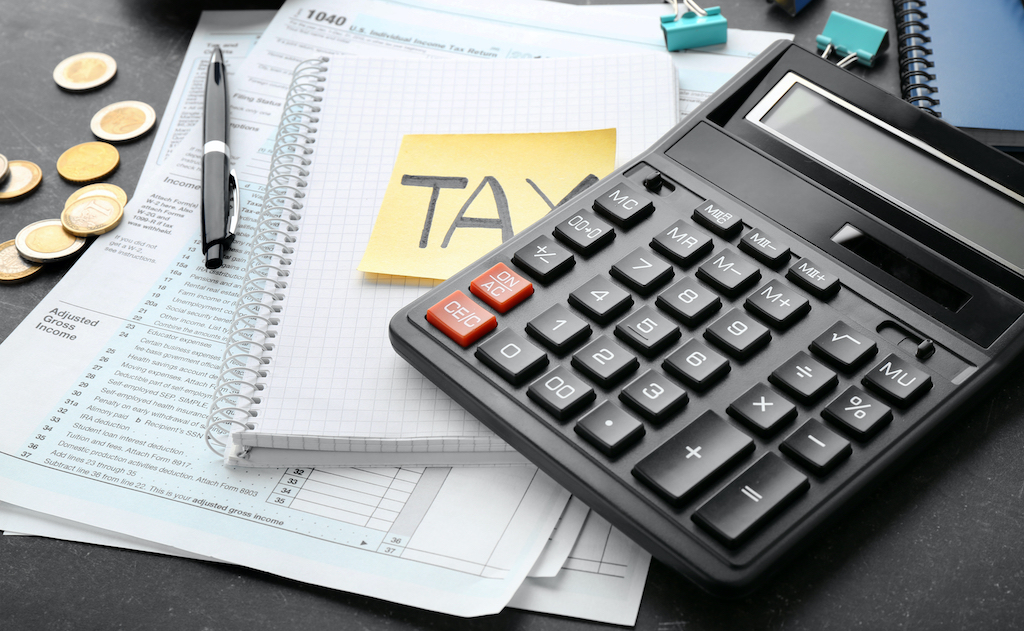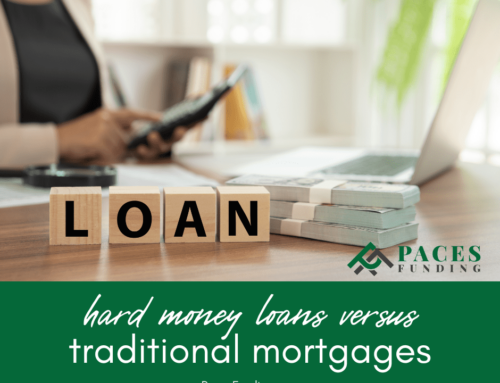
What Is a Tax Sale Property?
Usually when you’re looking to purchase a house you don’t want one that has a tax lien, but such a home can be purchased through a tax sale. So how do tax sales work?
There are two kinds of tax sale homes: a tax lien sale home and a tax deed sale home. Each involves homes that have unpaid property taxes.
During a tax lien sale a lien is auctioned off to the highest bidder. That bidder then has the right to collect the lien, as well as interest, from the homeowner. If the homeowner can’t pay the lien the new lien owner has the right to foreclose on the property.
During a tax deed sale a property that has outstanding taxes is sold at auction.
How Does a Tax Lien Sale Work?
Many states use tax lien sales as a way to compel homeowners to remit unpaid taxes and associated penalty fees. The process for each state that allows tax lien sales, 29 to be exact—and Washington, DC, Puerto Rico, and the Virgin Islands—somewhat varies. However, here’s what typically happens:
After a property owner fails to pay property taxes a waiting period begins before tax collectors can intervene. That time period can range from a few months to a few years, depending upon the state.
The outstanding taxes are then auctioned off at a tax lien sale, and the highest bidder becomes the new lien holder. The tax collector uses that money to cover the unpaid back taxes.
The homeowner must then pay back the lien holder, with interest, or have their home foreclosed upon.
Income From Tax Sale Properties
A homeowner whose house has gone through a tax lien sale is given an interval of time, called the redemption period, during which to pay their past due taxes—plus interest—to the new lien holder. If the homeowner repays the tax debt the lien holder will make money from the interest accrued. Interest rates can vary from state to state. Florida, for instance, has a max interest rate of 18 percent, whereas Iowa sits at 2 percent.














